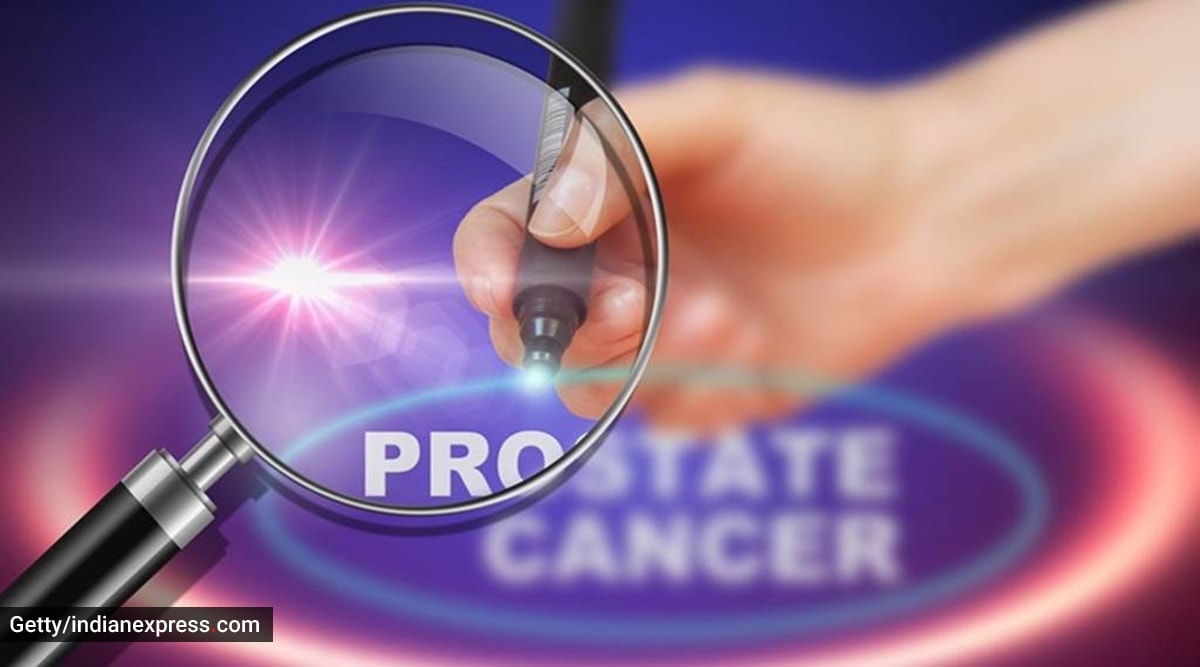In order to reduce and prevent the dual burden of morbidity and cost of the disease, it is vital to create a mass awareness to bring about an early, timely diagnosis of prostate-related issues

Unlike type 2 diabetes, high blood pressure and high cholesterol, which are common ailments afflicting middle-aged and elderly men, prostatic diseases are an affliction which are relatively lesser-known by the general public. “In our country, almost every two out of three men aged 40 years and above suffer from symptoms due to BPH (Benign Prostatic Hyperplasia). Most of these patients ‘normalise’ their symptoms, as an inevitable consequence of ageing or attribute it solely to external factors like cold weather and drinking too much water. They suffer in silence adopting coping behaviours like passing urine every time they go outdoors or retire to bed, cutting down on fluid intake more than needed to mitigate their symptoms,” said Dr Sudhir Khanna, senior consultant urologist, Sir Ganga Ram Hospital explained.

Many patients approach the doctor first only on severe worsening of symptoms or upon developing complications like acute urinary retention (sudden painful inability to pass urine), recurrent urinary infections, the formation of stones and kidney damage.
“BPH is an age-related non-cancerous enlargement of the prostate which affects the passage carrying urine. This, in turn, causes troublesome symptoms which include increased daytime frequency of urination, getting up frequently from sleep at night to pass urine, straining to improve the weak stream of urine and feeling incompletely satisfied even after having just passed urine,” he explained.
In order to reduce and prevent the dual burden of morbidity and cost of the disease, it is vital to create mass awareness to bring about an early and timely diagnosis of BPH.
According to Dr Khanna, “It is pivotal to establish the concept that in today’s day and age, it is not ‘normal’ that any ageing male should suffer from BPH and symptoms as a part and parcel of ageing. They need to be informed that cost-effective and safe medications are very much within their reach and even surgery, which may be needed only in select cases.”
ALSO READ | Coffee compounds may help fight prostate cancer
Many doctors agree and add that while there is at least a grain of truth in the role of ageing, cold weather and excess fluid intake in exacerbating BPH symptoms, there are widely prevalent myths floating around that must be busted.
Myth: Drinking huge amounts of water can cure or ‘wash out’ any illness (and toxins) from the body and kidneys, including BPH
Fact: On the contrary, drinking excessive amounts of water can cause or exacerbate several lower urinary tract symptoms including those due to BPH and several other diseases (including those related to blood pressure, heart, brain, even low sodium and fractures).
Myth: BPH occurs only in 60+ or 70+ old men
Fact: Symptomatic BPH can occur in men starting from the age of even 40 years.
Myth: BPH is not as serious a disease as diabetes, high blood pressure and high cholesterol (until complications develop).
Fact: Even in the absence of complications, moderately severe BPH symptoms like nocturia (getting up at night to pass urine) have been causally linked to life-threatening conditions like heart attacks and strokes as well as fractures due to falls and accidental injuries.
Myth: The bigger the prostate, the worse the symptoms and the smaller the prostate, there will be little or no symptoms.
Fact: It is possible and frequently observed that men with greatly enlarged prostates have a little blockage with few symptoms, as also those with minimally enlarged prostates have a greater blockage with more symptoms. Therefore, do not rely and get alarmed on the basis of only the ultrasound report.
Myth: Excess (or little) sexual activity can cause BPH.
Fact: There is no evidence suggesting that BPH itself, independent of an age-related increase in sexual dysfunction, affects sexual function.
Myth: If I have BPH, I will definitely have to go under the knife
Fact: Most good guidelines followed by doctors, recommend non-surgical management with cost-effective and safe medications and lifestyle measures to manage uncomplicated BPH. These measures also work to prevent complications from developing.
For more lifestyle news, follow us: Twitter: lifestyle_ie | Facebook: IE Lifestyle | Instagram: ie_lifestyle
? The Indian Express is now on Telegram. Click here to join our channel (@indianexpress) and stay updated with the latest headlines
For all the latest Lifestyle News, download Indian Express App.
Source: Read Full Article
